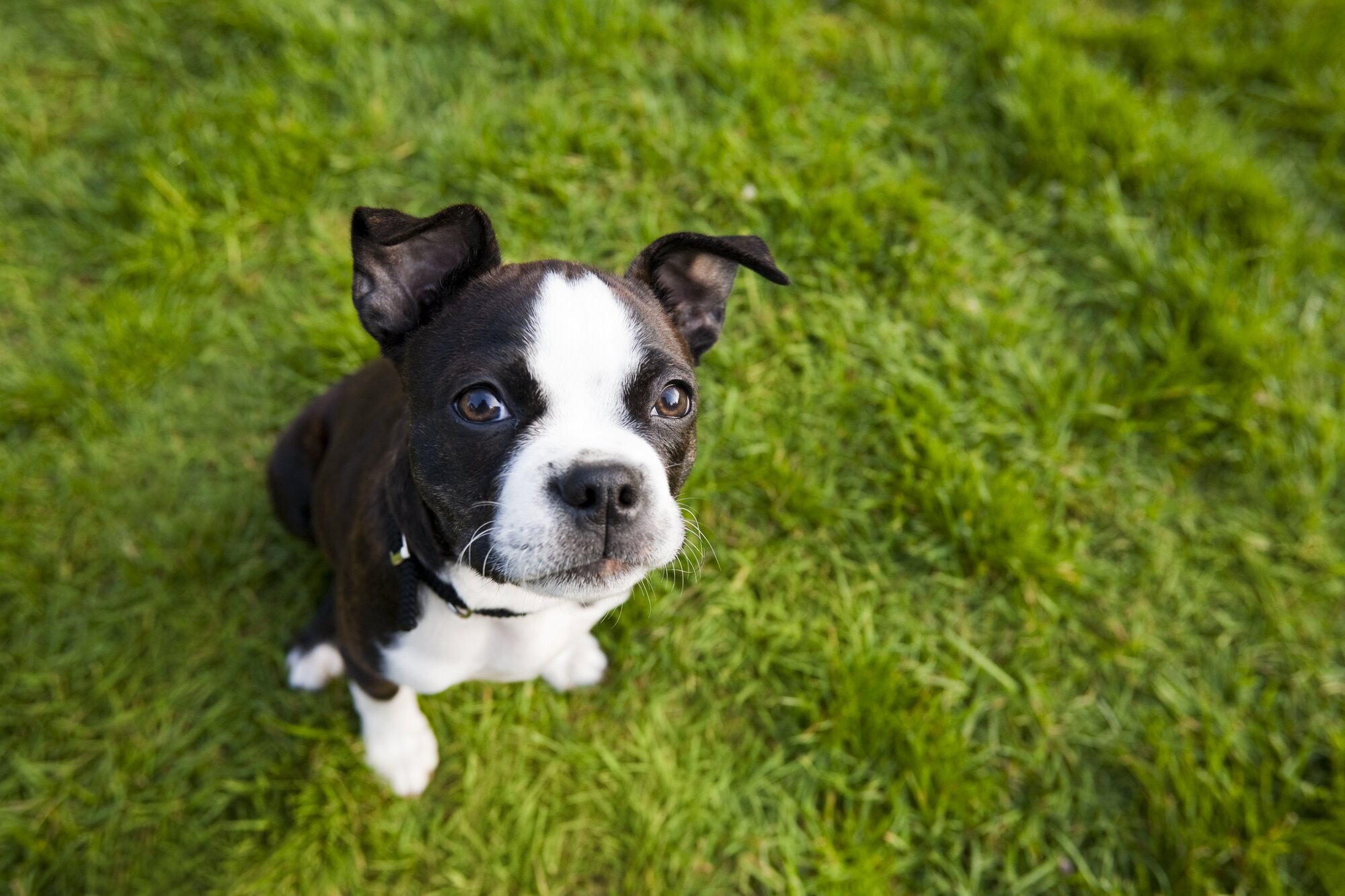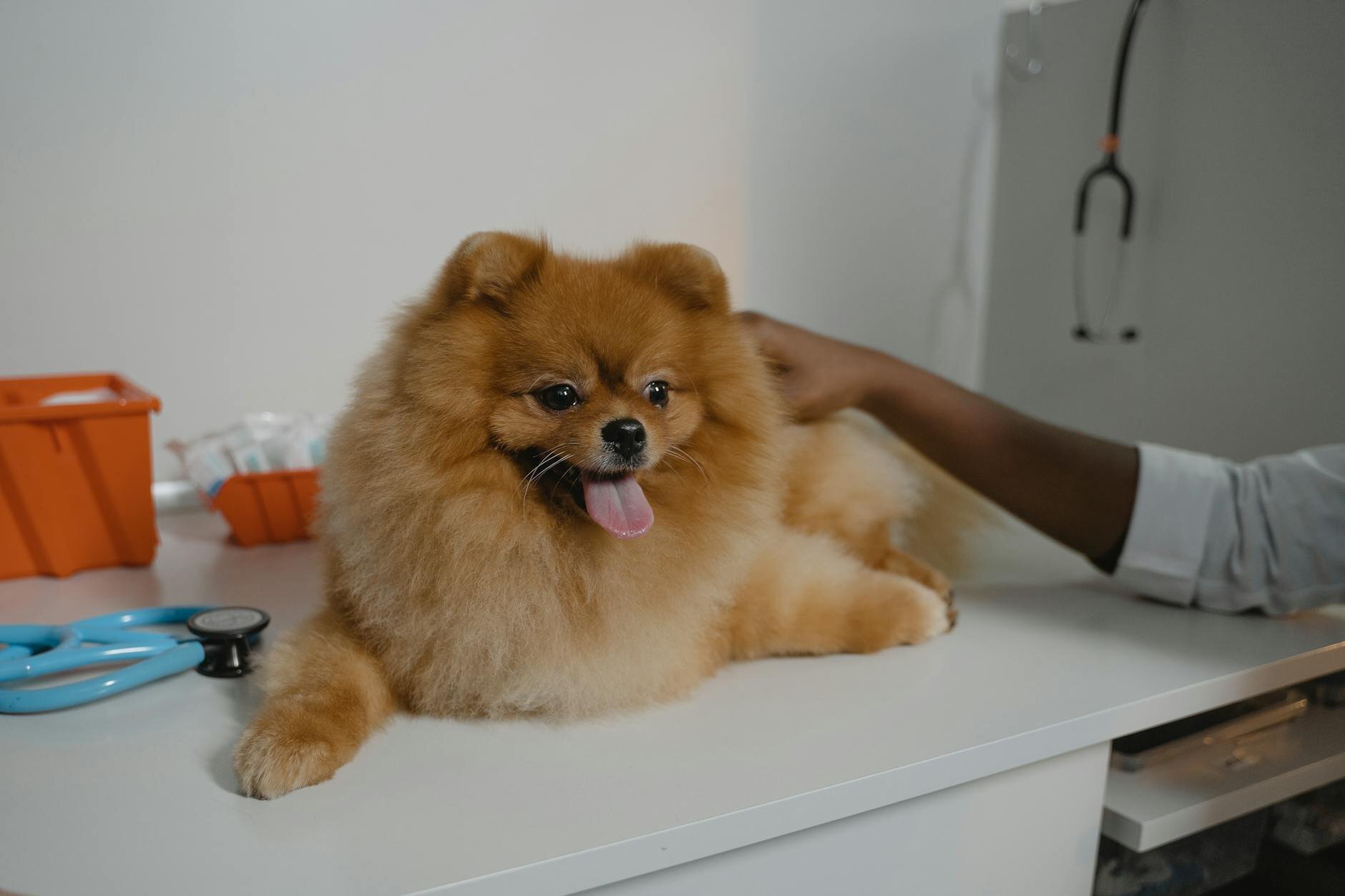Last Updated: 16/02/2026
Rat Bait Poisoning in Dogs
Accidental ingestion of rodenticides is a common causes of poisoning in pets. Find out the symptoms to watch for and the treatment prognosis and prevention.
Author: Dr Jacqui Victor BVSc MANZCVS (Medicine of Cats)
Reading Time: 5 minutes - short read
Accidental ingestion of rat or mouse baits (rodenticides) is, unfortunately, a fairly common cause of poisoning in pets. These products come in many forms- hard bait blocks, soft baits, pellets, grains, powders, and liquids- and are designed to be tasty to rodents, which can also make them tempting to curious dogs and cats. Knowing what signs to look out for and what steps to take if your pet gets into bait can help you act quickly and confidently.
How rat bait poisoning occurs

There are several types of rodenticides available, with the most common being anticoagulant rodenticides. These products interfere with the body’s normal blood-clotting process. Pets may develop primary poisoning after directly eating bait, or secondary poisoning if they consume a rodent that has ingested the toxin (although in most cases, multiple poisoned rodents would need to be eaten for toxicity to occur).
To understand how this happens, it helps to know a little about vitamin K1. Vitamin K1 is essential for the production of clotting factors that allow blood to clot properly. Anticoagulant rodenticides block an enzyme responsible for recycling vitamin K1, which gradually depletes the body’s ability to form clots. As a result, bleeding can occur internally or externally, sometimes several days after exposure.
Anticoagulant rodenticides are divided into two main groups:
- First-generation anticoagulants (e.g. warfarin, coumatetralyl, diphacinone) are considered “multi-dose” products, meaning they usually need to be eaten over several feedings to reach a lethal dose. They act more slowly and are cleared from the body more quickly, making them generally less potent than second-generation products.
- Second-generation anticoagulants (e.g. brodifacoum, bromadiolone, difethialone, difenacoum, flocoumafen) are “single-dose” products, meaning a potentially lethal amount can be consumed in just one feeding. These are more potent, persist in the body for much longer, and carry a higher risk of secondary poisoning. If a pet ingests a second-generation rodenticide, treatment is typically required for a longer period due to their prolonged effects.
Symptoms of rat bait poisoning
Symptoms of rat bait poisoning are typically not seen for several days. The signs of bleeding are not always obvious as they often occur internally in the abdomen, chest, lungs, joints and gastrointestinal tract. The symptoms and severity of poisoning depends on the active ingredient, the amount ingested and the size of your pet.
Signs of rat bait poisoning include:
- Bleeding from the gums
- Blood in the stool (or black tarry stools)
- Blood in the urine
- Lethargy
- Weakness
- Coughing or shortness of breath
- Seizures
- Difficulty walking
- Sudden death
In some cases, there may be no obvious symptoms before the development of life-threatening poisoning.
Treatment of rat bait poisoning

If you suspect your pet has eaten rat bait, seek veterinary attention immediately - NEVER wait until symptoms develop before seeking treatment.
Rat bait ingestion can be fatal to pets and the sooner you seek treatment, the best chance your pet has of recovery.
Make sure to keep the product packaging and bring it with you to your vet - this will make it much easier for your vet to treat your pet, as different active ingredients require different treatments.
Early decontamination and treatment is key to decrease the risk of toxicity. Treatment depends on how long ago the bait was ingested as well as the type of rat bait ingested. If your pet ingested the bait within a few hours, your vet may first induce vomiting and then administer activated charcoal to decrease the absorption of the rodenticide in the gastrointestinal tract. Depending on the time since ingestion, your pet may require hospitalisation. Serious cases may require blood or plasma transfusions, oxygen therapy and removal of blood from the chest/abdomen.
The antidote to anticoagulant rodenticide poisoning is Vitamin K1. Your veterinarian will prescribe Vitamin K1 supplementation to continue for several weeks, depending on the active ingredient in the rodenticide. Your veterinarian will then schedule follow up blood tests to monitor blood clotting times, to ensure your pet's blood is clotting effectively. During the early recovery period, limited activity is recommended to prevent any injuries that may cause bleeding.
Prognosis and prevention
The prognosis of rat bait poisoning depends on how quickly your pet is treated. The prognosis is generally good for pets who receive early treatment, however is guarded for pets with delayed treatment who already have established bleeding.
Prevention:
- Keep any rat poisons away from your pets at all times! Make sure to store them out of reach of pets and children.
- Avoid using anticoagulant rodenticides around your property - use a safer method of rodent control such as live traps.
- Use bait stations which allow rodents to enter and consume the bait, but cannot be accessed or opened by larger animals. For further safety, place these in protected areas which your pet does not have access to.
- Rat proof your property (seal any holes, cover food and water sources, and clean up garbage around your home) to prevent rodent numbers building up and prevent poisoned rats entering your home.
- When out on walks, keep your dog on a leash and close to you and be on the lookout for any rat poison or rodents that your dog may potentially ingest.
- Read and keep the packaging to ensure proper use, familiarize yourself with symptoms of rat bait poisoning, and in the case of accidental ingestion by your pet, seek veterinary assistance immediately.
What to do if your dog eats rat poison
- Remove any remaining bait material from your dog's mouth.
- Wipe or gentle rinse your pet's mouth with water.
- Grab any remaining product packaging to help identify the type of bait.
- Call your veterinarian or the Animal Poisons Helpline on 1300 869 738.
FAQs
It's important to be aware of the symptoms of rat bait poisoning and promptly seek veterinary attention if you suspect your pet has ingested rat bait as this can ultimately be the difference between life and death.
Articles recommended for you
Our vet authored guide to the benefits of feeding your dog fresh food plus tips and advice for introducing it into their regular menu.
See our guide to protecting your pet from parasites from our vet team.
Thinking of getting a fish? Check out our guide for setting up a tank and home care tips!
Looking to understand horse feeds better? This comprehensive guide covers feeding recommendations for horses of all ages and disciplines.
Does your pet suffer from anxiety? Check out our Vet-guide for treatment options to help your pet.
History
Our experts continually monitor the health and wellness space and we update our articles when new information becomes available.
Mon Feb 16 2026
Edited by Dr Belinda Stancombe BVSc (Hons)Dr Jacqui Victor BVSc MANZCVS (Medicine of Cats)
Veterinarian, MANZCVS (Feline Medicine)
Dr Jacqui graduated from the University of Melbourne in 2011 and has worked in various small animal practices around Melbourne. Dr Jacqui loves witnessing the human-animal bond, and feels privileged that she is in a profession which allows her to make a difference to so many people and their loved ones. Dr Jacqui has a special interest in Feline Medicine, and attained her Membership Qualification in Feline Medicine with the Australian and New Zealand College of Veterinary Scientists in 2022.

